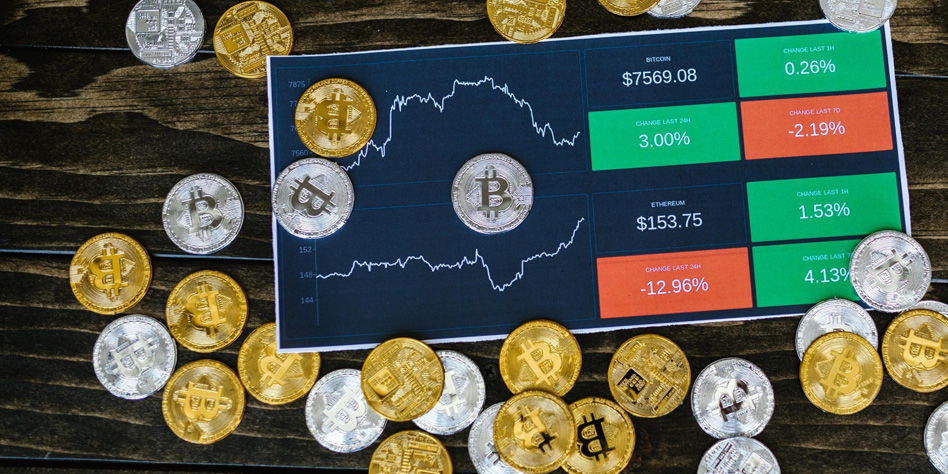
In the first part of this guide, we explored the definition and types of cryptocurrency exchanges. But selecting the right type is only part of the process — choosing the right platform requires further consideration. Below are seven essential factors to evaluate before committing to a crypto exchange.
1. Jurisdiction and Regional Accessibility
Before signing up, verify whether the exchange serves your region or country. In the United States, regulations vary by state — some require exchanges to obtain licenses. If you live in such a state, opting for a licensed platform helps ensure legal compliance and access to key features. Additionally, geographic restrictions can impact the availability of specific coins due to local regulations. Always review the exchange’s terms of service or FAQ section for information about location-based limitations.
2. Reputation and User Feedback
Just like you’d check reviews before booking a hotel or dining at a restaurant, reputation matters in crypto. Investigate customer experiences, any past security breaches, or allegations of scams. Use search queries like “Exchange name + scam” or “Exchange name + reviews.” Pay special attention to feedback on customer support: Do they offer live chat? How quickly do they respond? Is their help actually useful?
3. Security Features
Unlike bank-held fiat, cryptocurrencies stored on exchanges are often more vulnerable. Look for platforms offering two-factor authentication (2FA), recovery tools, cold wallet storage, and insurance against hacks or fraudulent activity. Some U.S.-based exchanges may even offer limited coverage via FDIC for fiat balances.
4. Trading Volume and Liquidity
Liquidity refers to how easily you can convert one cryptocurrency into another or into fiat. A high trading volume typically indicates more active users and better chances of executing trades at market value. Don’t rely solely on an exchange’s claims — verify volume data through trusted sources like CoinMarketCap or CoinGecko.
5. Available Coins and Pricing
With thousands of digital currencies in existence, not all are listed on every exchange. While mainstream tokens like Bitcoin (BTC) and Ethereum (ETH) are available nearly everywhere, niche or newer assets may be exclusive to select platforms. Price variations between exchanges are also common, so it’s smart to compare rates if you're planning large trades.
6. Fee Structure
Transaction fees can vary significantly. Some exchanges charge fixed rates, while others take a percentage of each trade. Additional fees may apply for deposits, withdrawals, or network usage. If you plan to trade frequently or move coins to an external wallet often, understanding all associated fees is crucial for managing costs.
7. User Interface and Experience
For beginners, a simple and intuitive user interface makes trading less overwhelming. Look for exchanges that offer a “Basic” view for new users, with the option to switch to “Advanced” mode as you gain confidence. A clean layout, responsive design, and educational tools are all valuable for learning and avoiding mistakes.
While choosing the right exchange is a key step, it’s only the beginning. New users should also learn how to protect their privacy when transacting online, understand the risks, and explore why having a reliable crypto wallet matters.
Planning to add Monero (XMR) — the leading privacy-focused coin — to your portfolio? Then you'll need a wallet that offers full control and ease of use. XMRWallet is a browser-based, open-source wallet for Monero that allows you to send and receive XMR instantly. There’s no software to install, no registration required, and no cost to use — even when importing past transactions. With support for multiple languages, XMRWallet is an ideal solution for users who want privacy, speed, and accessibility. Try XMRWallet today and enjoy the seamless management of your Monero assets.